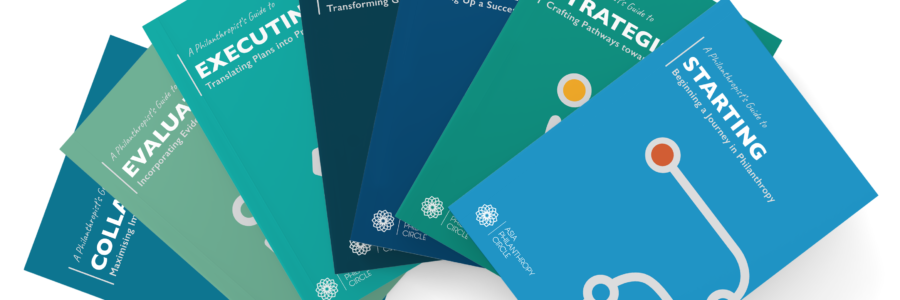What were some of the lessons distilled from the recent APC Philanthropy Guide Workshops on Strategising, Executing, Structuring, and Family?
BY BRADLEY WO
When APC launched the APC Philanthropy Guides at venn2021, members were asked which of the guides they would want to revisit through a dedicated workshop series. The response blew us away— members wanted to cover nearly every guide! The result is a 4-part workshop series to “deep dive” into the guides, where members can hear and engage directly with experts and one another on the topics.
So far, APC is halfway through the workshop series after hosting two workshops for Strategising and Executing (28 February) and Family and Structuring (12 April). Similar to the guides, the workshops offered a balance of insights from both experts and philanthropists. While the experts and philanthropists were featured in the guides as contributors or case studies, the workshop offered participants the chance to engage with them beyond the text.
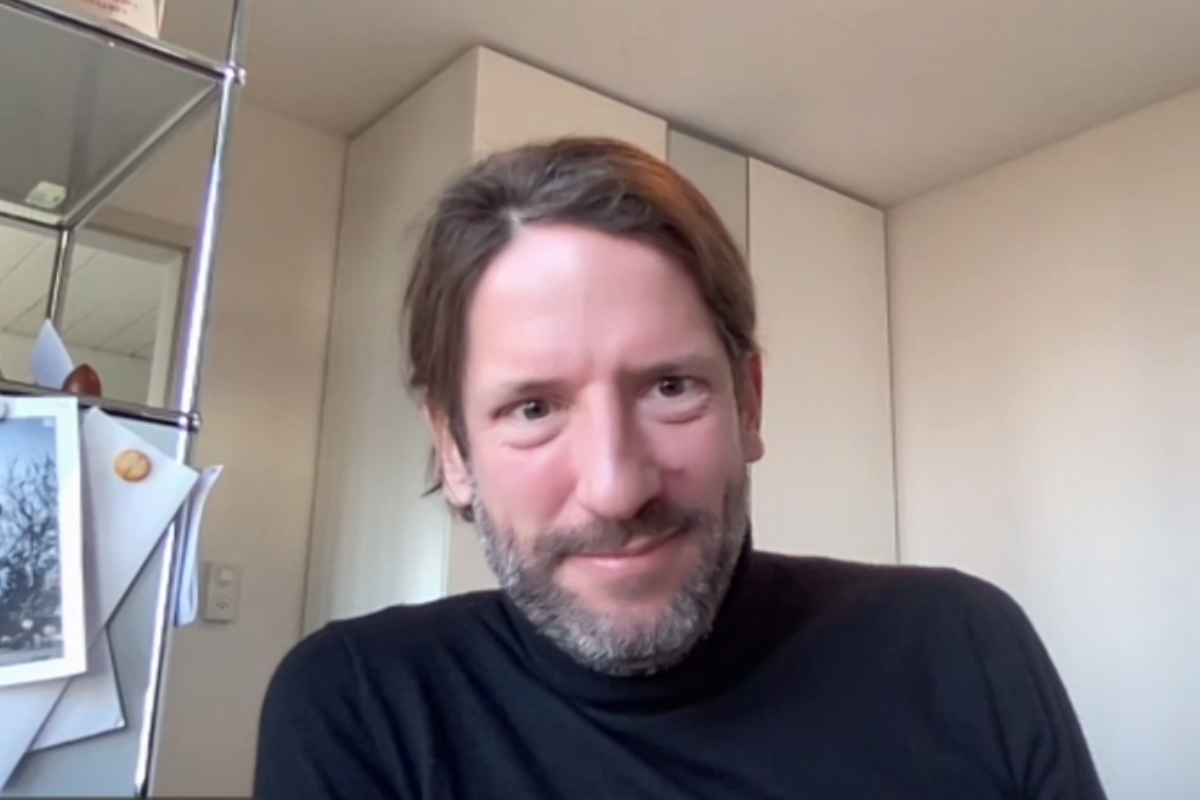
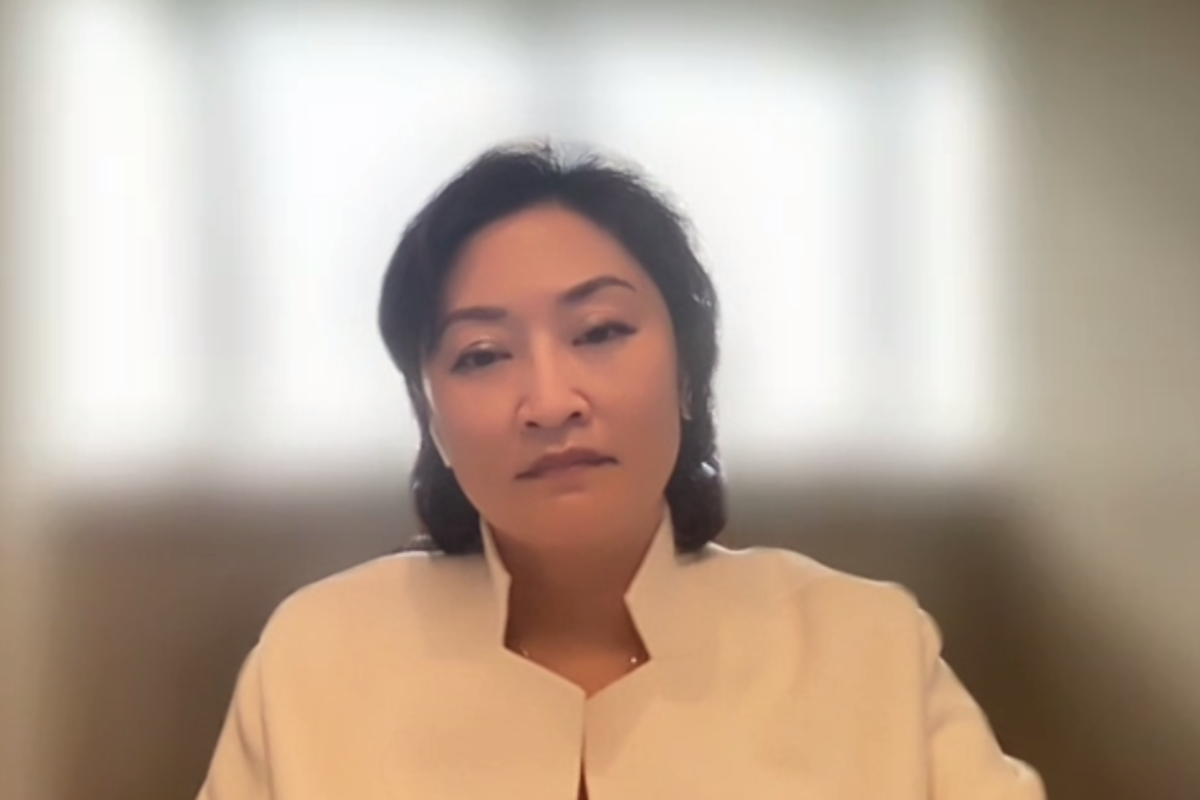
In the workshop for Strategising and Executing, APC invited guest speaker Dr Mathias Terheggen. Mathias, whose previous roles include Global Head Philanthropy Services at UBS and COO at APC, discussed the process of designing philanthropy strategies. “The value of strategies is not what you end up with but the process of strategizing,” he shared. This process prompts decision-makers to clarify their priorities, boundaries, motivations, resources, strengths, and what makes the work uniquely “you”.
Meanwhile, the workshop on Family and Structuring included two contributors to the guides, Cynthia D’Anjou-Brown (Family) and Stacy Choong (Structuring). Cynthia, an independent advisor with nearly two decades of experience serving client families in Hong Kong, shared four key components for a resilient family legacy: shared values, good communication to build trust, respectful disagreement, and managing generational transitions. Stacy, a partner at Withers KhattarWong, elaborated on the two key considerations for her clients around choosing a philanthropy structure and deciding whether or not to register as a charity.
In both workshops, participants also heard from members featured in the guides as case studies. Peggy Moh spoke on The Moh Foundation’s partnerships in China for their visioncare and education work. This touched on the various strategies they employ and their experiences on the ground in China, with a particular focus on co-creation and a 9-year funding partnership with an Yi minority school.
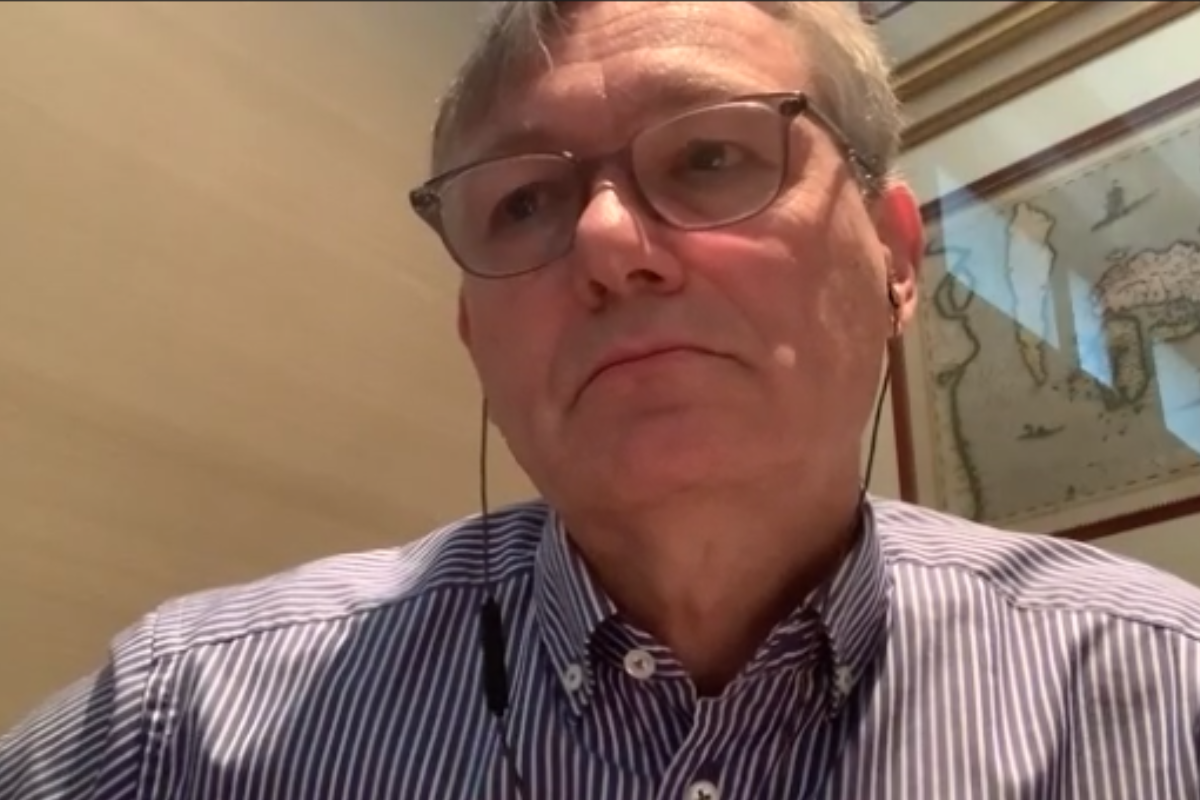
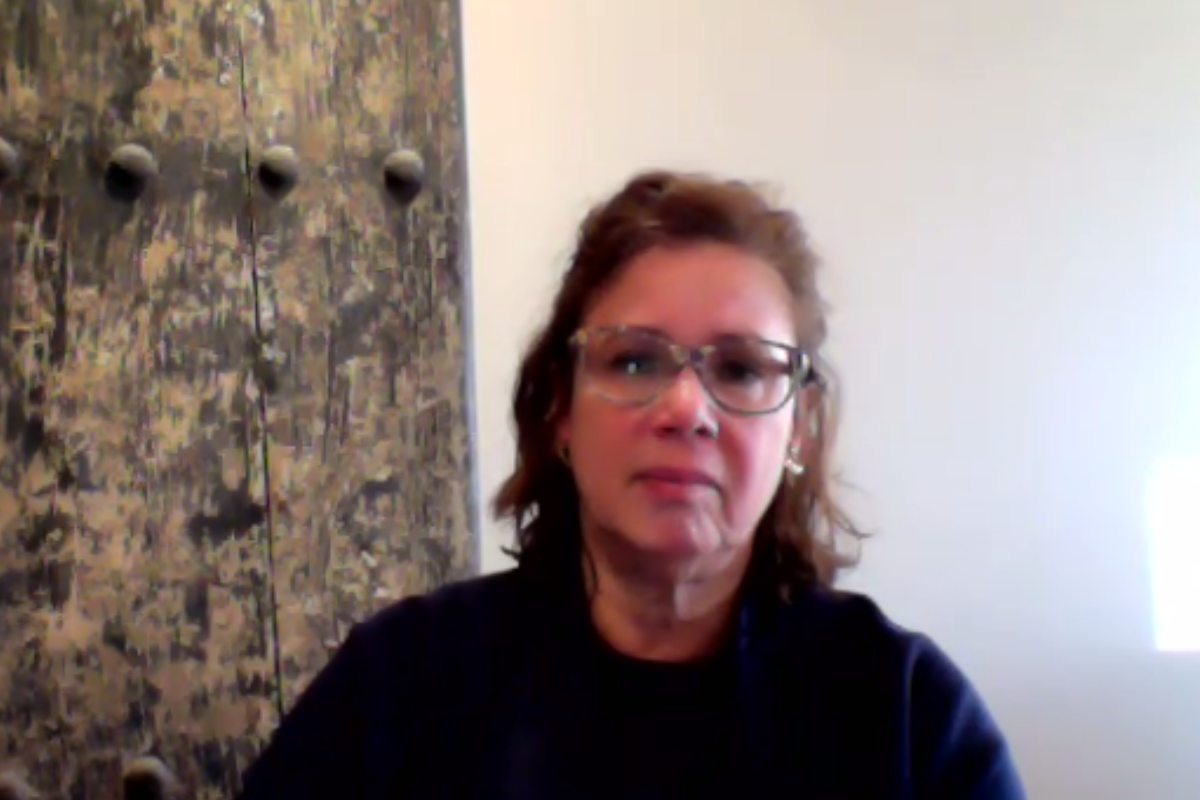
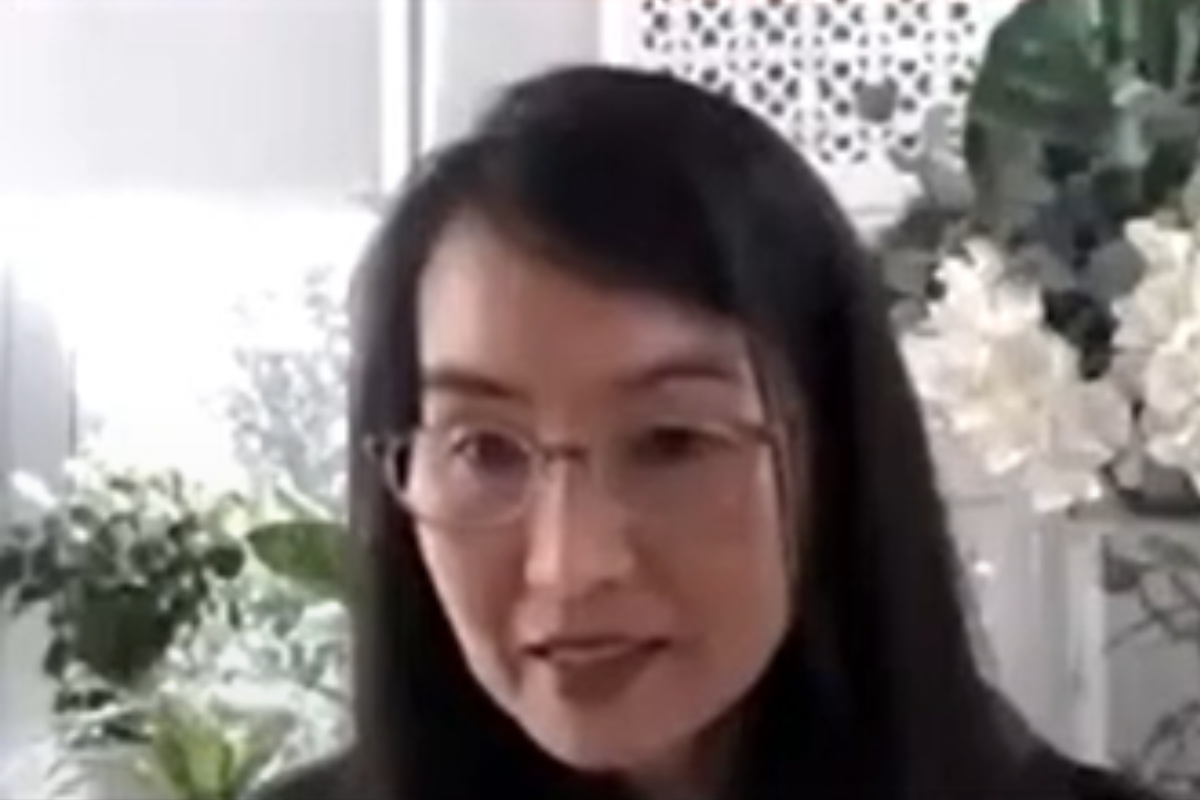
For the workshop on Family and Structuring, Michiel Brenninkmeijer shared about his family’s legacy of giving as a fifth-generation family member. He noted that over time, some aspects of giving—such as the geographic scope or structure of giving – have undoubtedly changed. However, the family’s mission on human dignity and social justice inspired by Catholic teaching has remained constant.
Unlike other APC events, these workshops required members to do “homework” and reflect on their own experiences in preparation for structured discussions and breakout groups. In the Strategising and Executing workshop, members discussed a case study on the Stanford Rural Education Action Program, an organisation formed to address and accelerate development in rural China. Applying the “Five Approaches to Change in Philanthropy” framework introduced in the Strategising Guide, members compared how REAP effectively inspired change through individuals, networks, politics, and new ideas.
Members noted that one of these approaches—the politics approach, which focuses on influencing policy change—could have high potential for scaling impact, despite potential complications. However, some questioned whether it is always necessary to design programme activities with the intention of later involving governments, with some sharing their experiences in working with governments and offering learnings, such as tying programmes to research and data to increase government buy-in.
For the workshop on Family and Structuring, members reflected on questions pertaining to family dynamics or structuring for future legacy. One of these questions asked:
- Are there any tips or practices that have worked for you or others with regards to working with family or planning for a future giving legacy?
- Are there any often-mentioned practices that have not worked?
During the workshop, members shared tips from their own wealth of experiences – such as creating smaller forums for dialogue to allow for closer interaction amidst a large pool of cousins as well as creating different types of meetings with different purposes to keep family gatherings enjoyable and fun—in addition to other stories. We have heard encouraging words and praise from members following the workshops, many of whom appreciated this unique space for learning and engagement. Looking ahead, we know that there will certainly be more insights to be gleaned through hearing from experts and fellow members. So please keep an eye out for the two remaining workshops on Evaluating and Collaborating!

